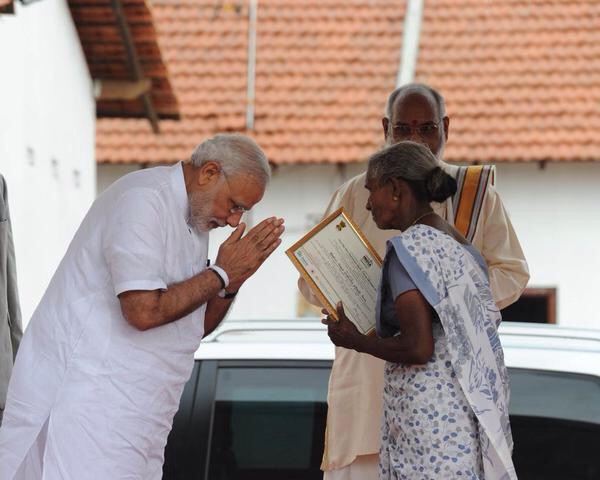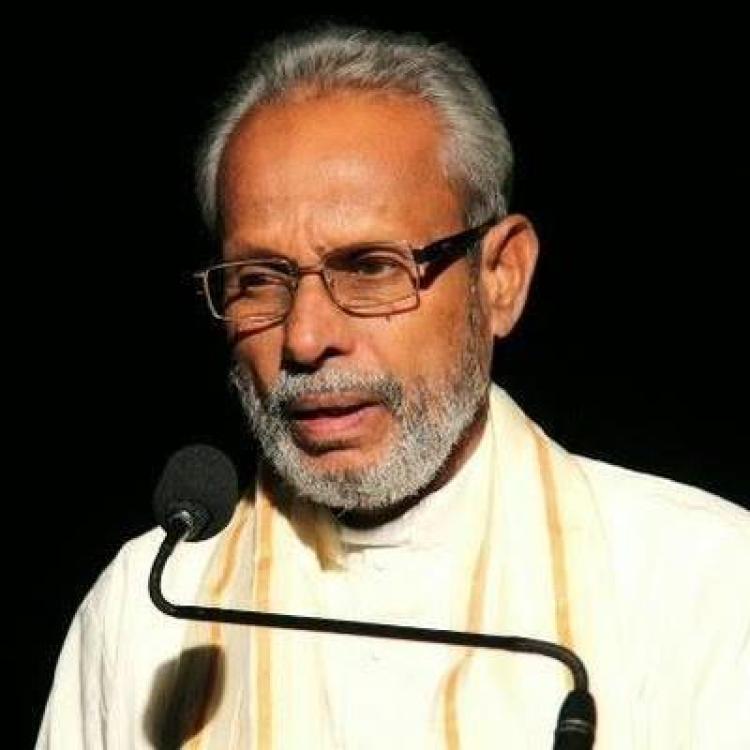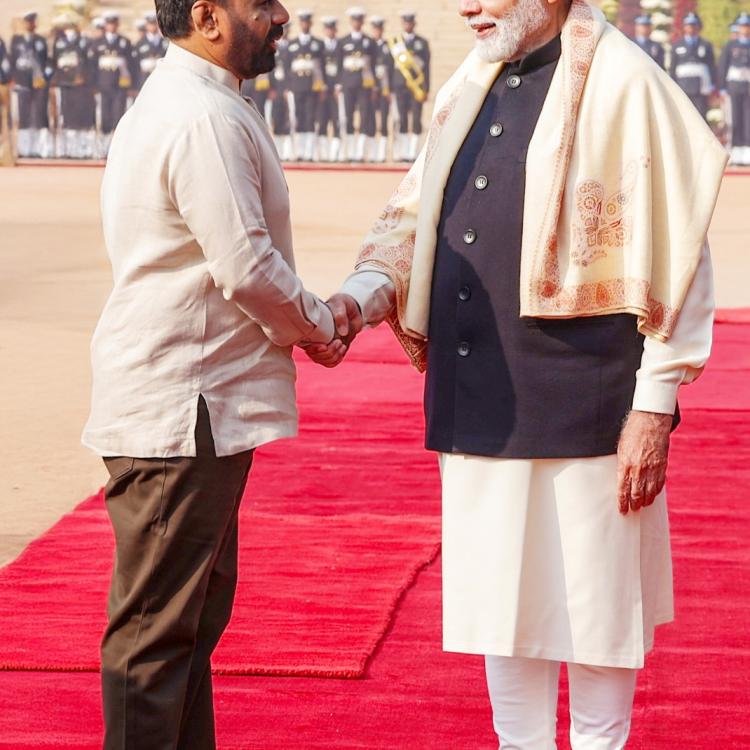Dear Prime Minister Modi,
Vanakkam.
As you prepare for your upcoming visit to Sri Lanka, I write to you not just as an Eelam Tamil, but as a member of a people with deep historical, cultural, and civilisational ties to the land you lead.
The Eelam Tamils, an ancient people rooted in the north and east of the island, have long looked to India not just as a neighbour, but as a sibling nation with shared heritage, intertwined destinies, and a common moral foundation. Our connections span millennia. From language and literature to faith and philosophy, the cultural links between Tamil Nadu and Tamil Eelam are undeniable and enduring. We are the descendants of a tradition that spans Chola, Chera, Pandya, and Pallava civilisations; that gave rise to a proud literary legacy. The Indian subcontinent is our civilisational homeland. We have never seen ourselves apart from it.
For decades, Eelam Tamils have longed for India’s friendship and solidarity. Even at the most difficult and darkest moments of our history — from pogroms to genocide, from disenfranchisement to dispossession — our people have consistently reached out to India. We have appealed to New Delhi not for charity, but for partnership; not for patronage, but for principled support.
Yet, as we see India’s expanding presence on the island, in energy, infrastructure, and connectivity, we must remind you that the success of these ventures hinges not on the goodwill of Colombo, but on the stability and sustainability of Tamil Eelam.
The majority of these projects — including the solar power plants in Trincomalee, connectivity through the Palk Strait, ports, power, and rail links — are rooted in the traditional Tamil homeland. No vision of Indo-Lanka cooperation can succeed if that very land remains unstable and under military occupation.
For generations, the Tamil people of the island have faced systemic oppression. Our language, our lands, and our lives have been targets of a state that seeks to erase our identity. Successive Sri Lankan governments, which remain Sinhala-dominated and ethnocratic at their core, have subjected the Tamil people to structural violence: colonisation of Tamil lands, military occupation, enforced disappearances, denial of justice, cultural erasure, and ongoing surveillance and intimidation. Even today, the North-East remains one of the most militarised regions in the world per capita.
Even the sea that connects us has become a sea of sorrow. Tamil Nadu’s fishermen seek their livelihoods, as do their brothers in the North. A militarised maritime zone is not the answer. For decades, fishermen from both coasts of the Palk Strait have shared familial, cultural, and commercial ties. Yet today, their boats clash under the surveillance of an increasingly hostile Sri Lankan Navy. The repeated arrests, detentions, and harassment of Indian Tamil fishermen, and the destruction of Northern Tamil livelihoods through destructive bottom-trawling practices, are not isolated incidents. They are symptoms of a militarised climate that had disallowed any meaningful and co-operative environment to foster.
India's recent push for economic engagement in the North-East makes it clear that the region is of vital strategic interest. Yet, how can there be sustainable growth without addressing the fundamental question of Tamil governance and sovereignty over their resources?
The political aspirations and grievances of the Tamil people cannot be sidelined. New Delhi must recognise that its strategic footprint in the Indian Ocean will be strengthened, not weakened, by a just political settlement that guarantees autonomy, dignity, and rights to the Tamil nation.
The Sri Lankan state has shown itself to be an unreliable partner. It has plunged into repeated political and economic crises; from bankruptcy to authoritarianism, from instability to impunity. It has made promises, only to break them. It has signed agreements, only to repudiate them. The Indo-Lanka Accord of 1987 — a minimal commitment to Tamil devolution — remains unfulfilled even today.
Worse still, anti-Indian sentiment runs deep within the Sinhala nationalist establishment, including the current National People’s Power (NPP) coalition. Successive Sri Lankan leaders have weaponised this animosity for political gain, even as they court rivals to India in the geopolitical arena. While they smile in photo ops, they foster suspicion and hostility within their institutions, their media, and their military. You are visiting a state where its party leaders may shake your hands, but its cadres detest your presence.
In contrast, Eelam Tamils even when wounded, even when betrayed, have always extended our hand in hope. We still believe India has a role to play —as a regional and moral power. Your leadership has the opportunity to break with past failures and chart a path that respects Tamil dignity and regional stability.
In your speeches, you have frequently expressed admiration for the Tamil language, describing it as the “world’s oldest” and “the pride of every Indian.” You have spoken of your desire to see Tamil reach “every corner of the globe” and paid tribute to its literary greatness. Yet, here on this island, it is precisely this language and the people who speak it that remain under threat. If your words are to have meaning, they must be matched by actions that protect those who carry this language in their hearts, in their homes, and in their history.
Prime Minister, if India is to be a true partner in the Indo-Pacific, it must begin by anchoring justice at its doorstep. An enduring settlement for Tamil Eelam — one that recognises our right to self-determination, ensures demilitarisation, accountability, and genuine devolution — is not just a Tamil demand. It is a regional imperative. It is in India's interest.
The future of Indo-Lanka relations must be built not on fragile alliances with Colombo, but on a foundation of lasting justice for the Tamil people. That, and only that, will secure peace, prosperity, and partnership in the Indian Ocean.
Yours sincerely,
Theepan
April 2025
_____
Theepan is a staff writer at the Tamil Guardian.




